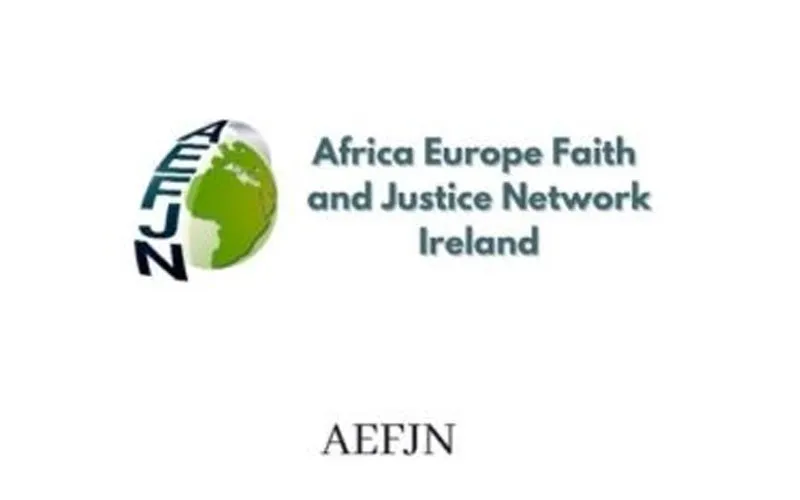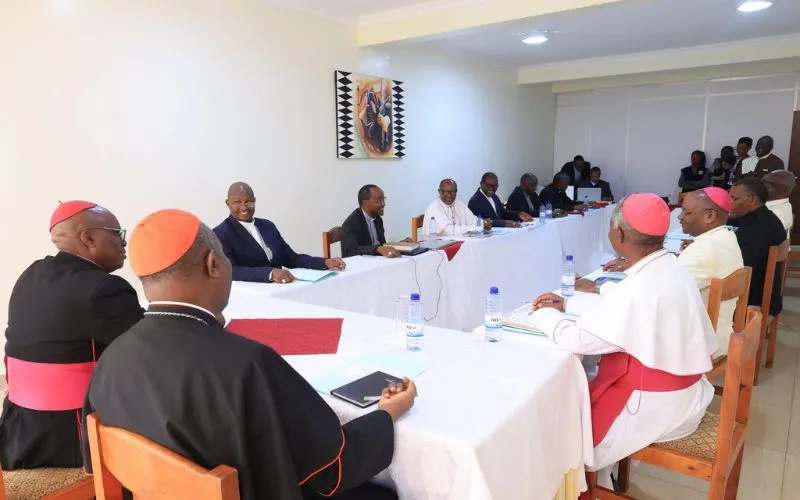Nairobi, 16 July, 2022 / 2:21 pm (ACI Africa).
Women and men Religious with presence in Africa have “vehemently” condemned the killing of at least 23 migrants who were attempting to enter into the Spanish enclave of Melilla from Morocco in June.
In a Thursday, July 14 statement obtained by ACI Africa, members of the African Europe Faith and Justice Network (AEFJN) express solidarity with the families and communities of the deceased persons, who were mostly from Sudan.
“AEFJN vehemently expresses condemnation and deep sadness, and joins the waves of protests from all throughout the African church against the sacrifice of human lives, that police forces had lost after some 2,000 Africans pushed their way to enter Europe via the autonomous frontier of Northern Morocco,” they say.
The women and men Religious say national and international authorities need to investigate the Melilla-Morocco border mishap “in swift, transparent and independent manner, without interference.”
In the July 14 statement, AEFJN President is quoted as saying, “One death is too many when it comes to defenseless souls searching for a nook to find a chance to be human beings.”








